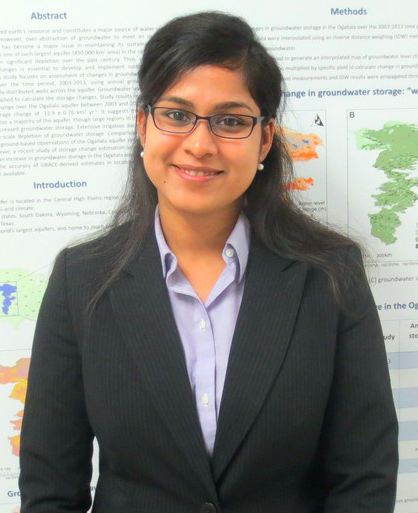Co-PI, RDCEP (2010 - 2015)
Research Director, Becker Friedman Institute
David Rockefeller Distinguished Service Professor
Department of Economics, University of Chicago
Areas of Expertise:
- Methodology: Econometrics
- Economics: Asset Pricing
Hansen is a recipient of the 2013 Sveriges Riksbank Prize in Economic Sciences in Memory of Alfred Nobel for his early research. Hansen shares this honor with Eugene Fama and Robert Shiller.
Hansen's work explores formal implications of dynamic economic models in which decision makers face uncertain environments. The main theme of his research has been to devise and apply econometric methods that are consistent with the probabilistic framework of the economic models under investigation. His work has implications for consumption, savings investment, and asset pricing.
Hansen's early research in econometrics was aimed at developing time series statistical methods to investigate one part of an economic model without having to fully specify and estimate all of the model ingredients. The applications he explored with several coauthors included systems that are rich enough to support models of asset valuation and to identify and clarify empirical puzzles, where real-world financial and economic data were at odds with prevailing academic models.
He continues to explore, analyze, and interpret implications of dynamic economic models in environments with uncertainty from a time-series perspective. His recent research explores ways to quantify intertemporal risk-return tradeoffs and ways to model economic behavior when decision makers are uncertain about how to forecast future economic events.
Hansen is a fellow of the National Academy of Sciences and the American Finance Association. He is also a member of the American Academy of Arts and Sciences and past president of the Econometric Society. Hansen is a former John Simon Guggenheim Memorial Foundation Fellow and Sloan Foundation Fellow.
Hansen won the 2010 BBVA Foundation Frontiers of Knowledge Award in the Economics, Finance and Management "for making fundamental contributions to our understanding of how economic actors cope with risky and changing environments." In 2008, Hansen was awarded the CME Group-MSRI Prize in Innovative Quantitative Applications. This award is designed to recognize individuals or groups who contribute original concepts and innovation in the use of mathematical, statistical or computational methods for the study of the behavior of markets, and more broadly of economics. Hansen is one of two scholars to receive the prestigious 2006 Nemmers Prizes in economics and mathematics, believed to be the largest monetary awards in the United States for outstanding achievements in those two disciplines.
Research Projects
Robustness in Economic Models With Climate Change
Former Students
Botao Wu | Scott Lee

























